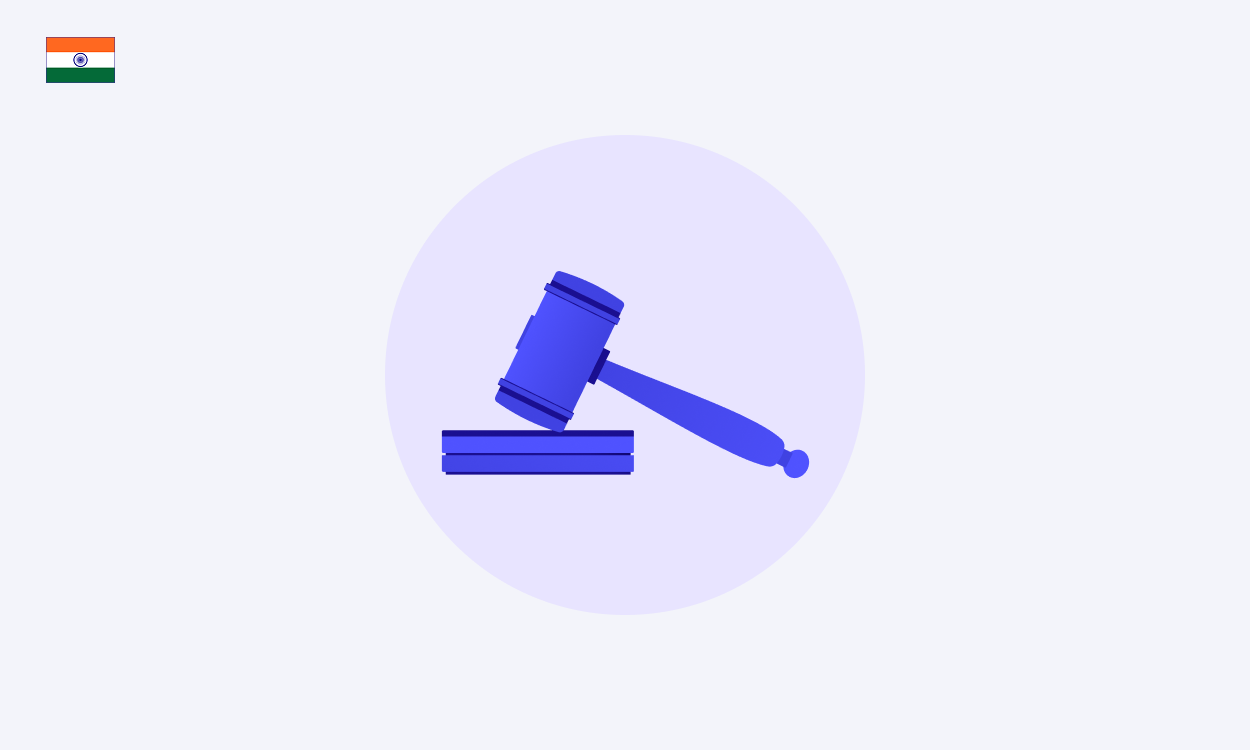[NEW] Our Product Recap for Q2 2025 is live.
Learn more


SEBI’s new rule allows founders to retain ESOPs after an IPO. This quiet but powerful shift protects their stake, aligns long-term incentives, and signals a maturing Indian startup ecosystem. Here's why it matters.

Table of Contents
There’s a quiet revolution happening in India’s startup ecosystem and it’s not about unicorns or billion-dollar valuations. It’s about fairness.
SEBI has recently approved a regulatory update that could have a major impact on India’s startup ecosystem. The change relates to the ESOPs granted to founders of new-age tech companies before they go public.
Recently, the SEBI has laid down a clear rule: Founders who received ESOPs at least 1 year before filing for an IPO filing can continue to hold and exercise those options—even after being classified as promoters post-IPO.
This isn’t just about legal clarity. It’s about preserving motivation. It’s about ensuring that the people who built the company from the ground up still have skin in the game.
During a startup’s lifecycle, it is common for founders to experience substantial equity dilution as a result of successive financing rounds. Consequently, by the time the startup reaches the stage of the IPO, the original founders' equity stakes may diminish to a low single-digit percentage.
To address the retention and continued incentivization of founders, many startups adopt ESOPs. Though traditionally structured for employees, it has become increasingly common to extend ESOPs or equivalent equity-based instruments to founders to align long-term interests and preserve motivation. However, prior to formal regulatory clarity, the issuance of such equity incentives to founders created a grey area under the law, particularly when approaching an IPO. This led to ambiguity in structuring such grants without running afoul of legal requirements.
India’s startup ecosystem is maturing. More tech companies are eyeing IPOs than ever before. But for that growth to be sustainable, founders need to feel confident that their long-term contributions will be recognized—not erased by technicalities.
SEBI’s decision might seem like a small regulatory update, but it sends a powerful message: Founders matter. Their role doesn’t end at the IPO. And as long as they’re invested—literally and figuratively—the company, its shareholders, and the market as a whole stand to benefit.
This move brings regulatory clarity, reduces ambiguity, and ensures that founders aren’t disincentivized from staying with the company post-IPO.
Disclaimer
The information provided by E-List Technologies Pvt. Ltd. ("EquityList") is for informational purposes only and should not be considered as an endorsement or recommendation for any investment, product, or service. This communication does not constitute an offer, solicitation, or advice of any kind. Any products, or services referenced will only be undertaken pursuant to formal offering materials, agreements, or letters of intent provided by EquityList, containing full details of the risks, fees, minimum investments, and other terms associated with such transactions. Please note that these terms may change without prior notice.EquityList does not offer legal, financial, taxation or professional advice. Decisions or actions affecting your business or interests should be made after consulting with a qualified professional advisor. EquityList assumes no responsibility for reliance on the information/services provided by us.
Join over 3100 Founders, CFOs, and HR leaders who are reading our insights on equity management.